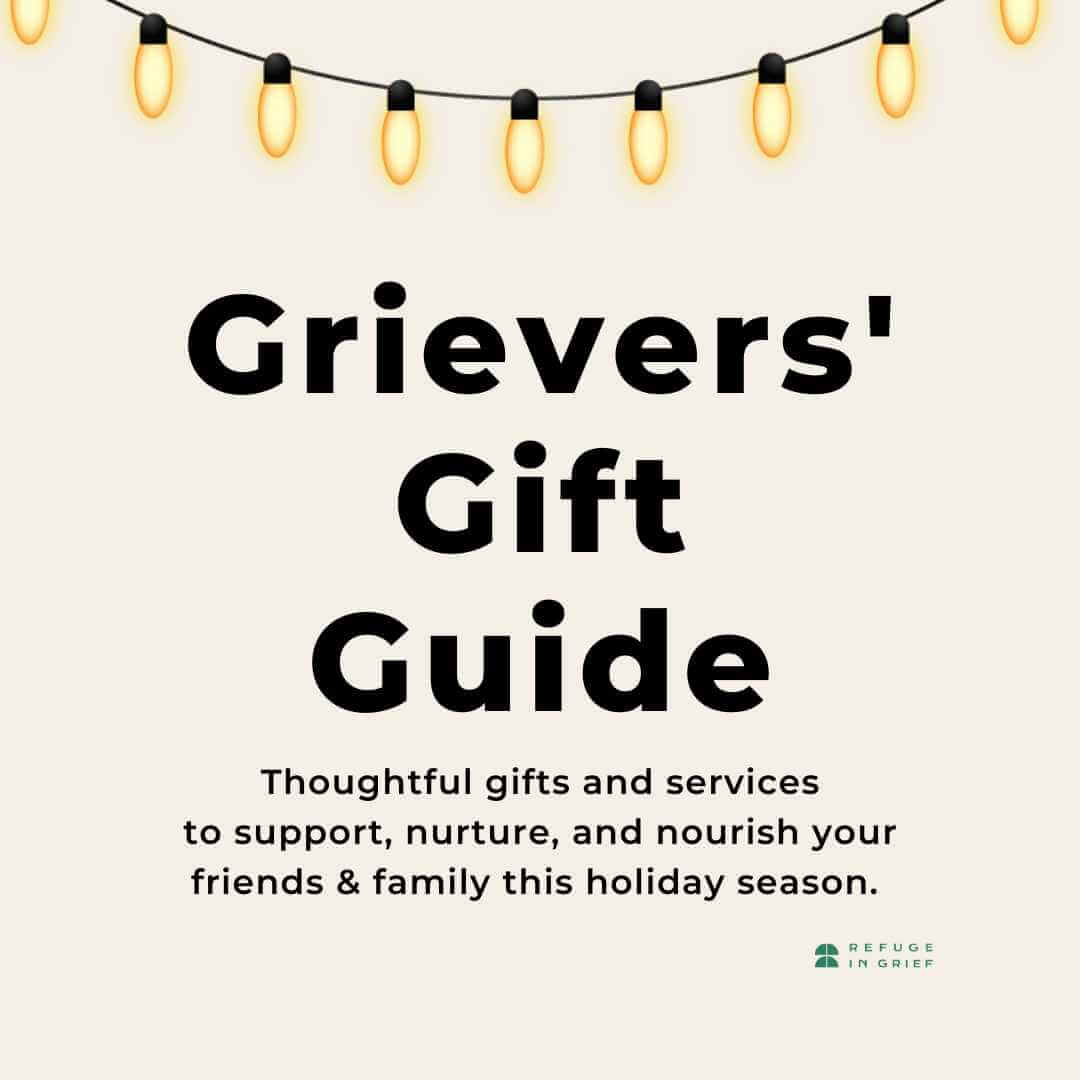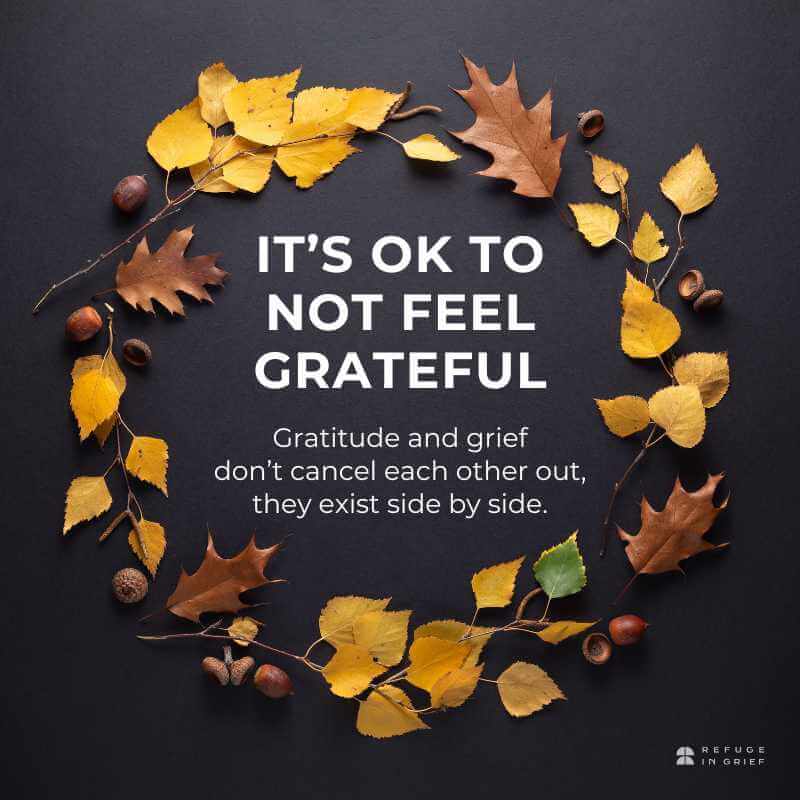When Time Passes Too Fast (& they didn’t die ‘last year’ anymore)
The new year has only just begun, but it already feels like time is moving too fast. Unless I’m focused on the pandemic, then it’s all moving too slowly. That’s one of the odd things about time – the tick-tick-tick of seconds is the same for everyone, but the perceived pacing of those seconds? That’s different for everyone.
One odd, grief-specific thing about the New Year: if your person died in 2019, you can no longer say, “they died last year.” And if your loss was in 2020, suddenly having to say “last year” adds another layer of grief. It makes your person – your life, your dreams – feel that much further away. They start to become “the past,” which is not where you want them to be.
Saying “it happened last year” or “in 2019” also makes other people think you should be “better” by now. After all, to their minds, it happened so long ago.
These ideas we have about how long grief lasts – they’re so entirely wrong. Because we have a cultural belief system that says grief should be over once you’ve passed that first year mark, most people (including some grievers) think you should be back to normal once that “year of firsts” is done.
Nothing could be further from the truth.
In fact, year two can be even harder than the first, or differently hard. And when you turn that corner, when you can no longer say “this time last year,” or “they died last year” – it makes it all that more difficult to convey to others how much this loss still hurts.
That cultural belief doesn’t just misinform those who want to support people they love. It also makes grieving people think they’re somehow failing at grief if they still feel sad in year two. Or year three. Or four. We don’t know that it’s normal to carry grief with you – the same way you carry love. (for more on what’s #PerfectlyNormal in grief, check out our ongoing #PerfectlyNormalGrief series on IG)
If your person died in 2020, you can no longer answer the question, 'How long ago?' by saying 'They died last year.' Somehow, that makes them feel even further away. Click To Tweet
My first book goes into this cultural misunderstanding of grief in detail, and I love conversations about a sweeping grief revolution. But there’s something even more powerful that will change how we understand grief – and that’s your stories. When we start telling the truth about grief, things change for us, and for others.
The best place I know to share your grief story is within the amazing community of Writing Your Grief. No platitudes, no advice, and no one telling you it’s time to move on – just love, acknowledgment and validation (no matter how long it’s been). The January session is already underway, but the next session is open for registration now. We tend to sell out before the start date so be sure to claim your spot in the next session, here.
And if you’d like to learn more about how to help a grieving friend or family member, be sure to check out this overview page for support people. It will direct you to some of the most useful helper content on the site. It’s a great place to begin.
How about you? How does the nature of time around the New Year affect your grief? Let us know in the comments. I’d love to hear from you.
 Are you a member of the Grief Revolution? Cheaper than therapy, better than imaginary conversations in your head, patrons attend a live monthly q&a session where you can ask Megan your questions about grief, love, family dynamics, and whatever else is on your mind. Become a patron today. All the information at this link.
Are you a member of the Grief Revolution? Cheaper than therapy, better than imaginary conversations in your head, patrons attend a live monthly q&a session where you can ask Megan your questions about grief, love, family dynamics, and whatever else is on your mind. Become a patron today. All the information at this link.


